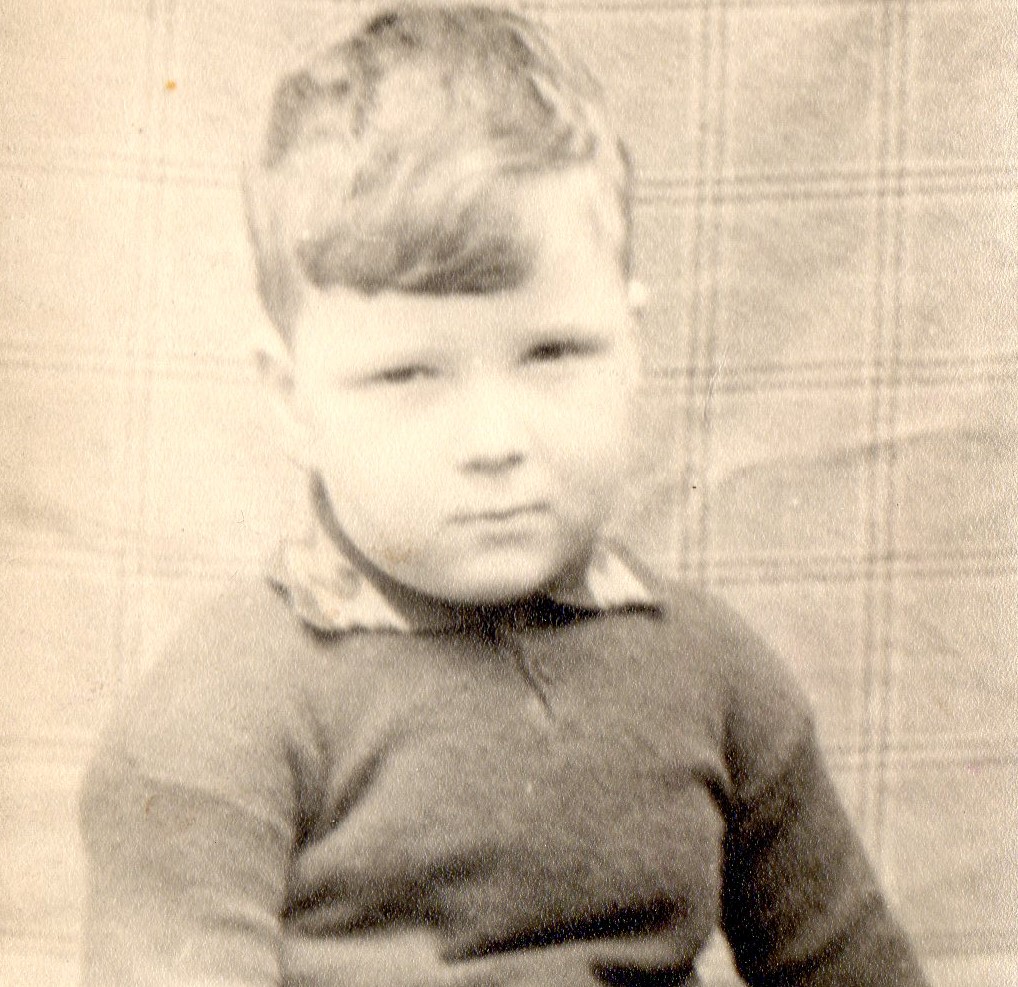
what helped me
Alan Johnston found growing up in the 1940s difficult with a stammer. Here he talks about one teacher's extreme reaction, and shares some of the things he found helpful.
Growing up, my stammer was severe; I stumbled on virtually every word. It continued into adulthood but became progressively less evident. My jobs have involved public speaking in a senior management capacity and I suspect most of my colleagues aren’t aware that I have a stammer or that I ever had one. But I still occasionally sense that in certain situations, certain words could trip me up.
I have managed my stammer well for many years and nowadays rarely think about it. My experience may therefore be of interest, but I appreciate that what worked for me may not work for others.
CHILDHOOD
I can’t recall when I first developed my stammer. My mother told me it was when I left the fever hospital having been separated from my parents for weeks. At that time (1940s) stammering was a source of embarrassment. I think it was widely considered that people who stammered were in some way mentally deficient, or ‘backward’ as it was called then. I therefore tried to conceal my stammer, which caused me stress.
At that time in the 1940s, stammering was a source of embarrassment.
School presented problems - having to answer “present” when our names were called out. I refused to reply to avoid stammering in front of the class and losing face. I still occasionally find it stressful to contemplate saying something in public when there are no obvious alternative ways of saying it.

I was sent to a child psychologist for assessment. I remember the experience to this day even though I was only six at the time. I did a number of tests, like giant jigsaw puzzles and putting shapes together to form a square. The doctor explained to my mother that I was highly intelligent and had the mental age of an eight-year old. I don’t know who was more surprised, my mother or my teacher.
Back at school a more serious episode happened when one teacher wanted us to recite the words ‘numerator and denominator’ individually. When it was my turn I knew I would stammer so I refused, not wanting to be ridiculed by my classmates. The teacher slapped me repeatedly around the head. When my mother heard about this she withdrew me from school and complained to the education authority. The teacher didn’t lose his job but I was treated differently when I returned.
What helped me
Enough of the doom and gloom! What do I think actually helped me to manage my stammer? In my opinion there are three main contributory factors.
Firstly, my parents made the fantastic decision to enrol me onto an elocution class. My background is working class and money was scarce but they found the cash for it somehow. The format was that I learned a short poem by heart and every couple of weeks my mother and I attended a class in a church hall, where I had to recite the poem in front of other clients and the teacher, a stern figure behind a desk.
Amazingly I didn’t stammer when reciting the poems. I recall hesitating only once and that was over the word ’municipal’ (and that was because I didn’t know how to pronounce it).
I became aware of emphasis, intonation and rhythm. I subsequently won two verse-speaking competitions at local arts festivals.
Doing this gave me a love for the English language. I became aware of emphasis, intonation and rhythm. I subsequently won two verse-speaking competitions at local arts festivals. However, I still stammered when I wasn’t reciting the poems. This continued at grammar school and university.
After I graduated, in a demanding subject, I toured around North America, with friends and on my own. I suspect both achievements increased my confidence and self-esteem.
Verse-speaking
Thirdly, I developed a technique based on my verse-speaking experience. If I had to give a presentation in my job, I would write down what I wanted to say and then read it several times aloud the day before. I memorised it and occasionally glanced at the paper just to note the main headings; I enjoyed giving the impression that the talk was spontaneous and I was making it up as I went along. I subscribe to the theory that making something look effortless requires hard work! As I became more experienced I found that I could get away with less preparation and diverge more from my script.
Subsequently in my career I gave evidence at public inquiries and was subject to examination and re-examination by QCs. I didn’t stammer once and concentrated solely on answering the question, rather than whether I would stammer.
I’ve been fortunate. I still stammer, albeit rarely, but on those few occasions when I think I’m about to stammer, I can normally avoid it by choosing a different word.
I hope my experience helps.

































